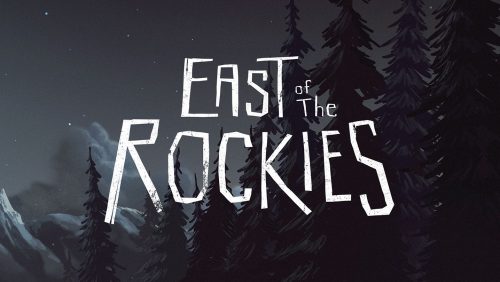
East of the Rockies is an interactive narrative AR experience told from the perspective of Yuki, a 17-year-old girl forced from her home and made to live in one of Canada’s Japanese internment camps.
The story follows Yuki as she and her family adjust to their new reality inside the Slocan internment camp. They experience good times as well as bad, as they work to make life inside the camp as normal as possible.
Interaction comes from tapping, swiping, inspecting and zooming in on key elements within each scene. Every interaction activates a piece of scripted narrative spoken by acclaimed writer Joy Kogawa’s own granddaughter, Anne. Spoken in the first person, each line illuminates a different aspect of life in the camp, as documented in Yuki’s journal.
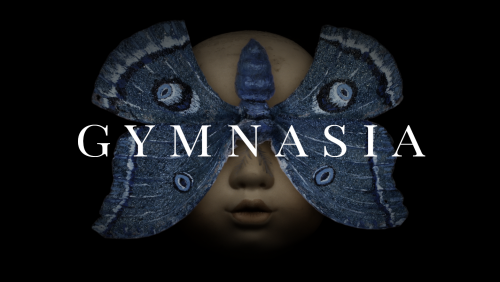
Enter a surreal grade-school gymnasium, where you are invited to re-experience the rituals of childhood: ball games, school lessons, and choir recitals. In your journey, you encounter a young boy who compels you to recall the sensory uniqueness, immediacy, and strangeness of a child’s world. GYMNASIA will lead you back into the secret spaces of your memories.
This is the first collaboration between the National Film Board of Canada, Felix & Paul Studios and Clyde Henry Productions.
The project is currently in development. GYMNASIA is having its preview at the acclaimed Annecy International Animation Film Festival, followed by an enlightening and in-depth discussion on the process of creating stop-motion animation in virtual reality and the compatibility between the two mediu
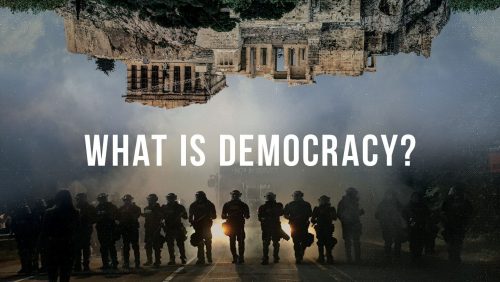
Coming at a moment of profound political and social crisis, What Is Democracy? reflects on a word we too often take for granted.
Director Astra Taylor’s idiosyncratic, philosophical journey spans millennia and continents: from ancient Athens’ groundbreaking experiment in self-government to capitalism’s roots in medieval Italy; from modern-day Greece grappling with financial collapse and a mounting refugee crisis to the United States reckoning with its racist past and the growing gap between rich and poor.
Featuring a diverse cast—including celebrated theorists, trauma surgeons, activists, factory workers, asylum seekers, and former prime ministers—this urgent film connects the past and the present, the emotional and the intellectual, the personal and the political, in order to provoke and inspire. If we want to live in democracy, we must first ask what the word even means.
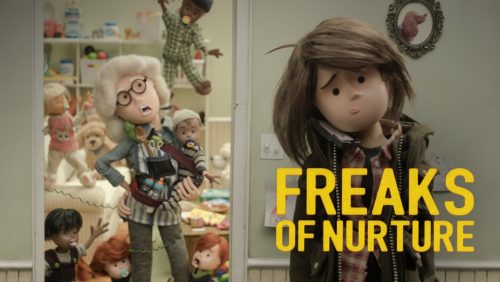
Freaks of Nurture is an animated short about a neurotic mother-daughter relationship inspired by the filmmaker’s own unorthodox upbringing with her single-parent mom, who is also a foster parent and dog breeder. Self-deprecating and bursting with energy, the film reveals that no matter how grown-up we think we are, we never quite stop craving the love and support of a parent.
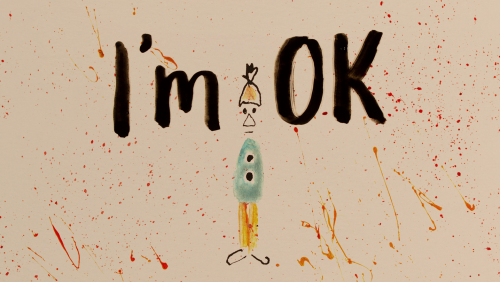
Following the end of a fiery and passionate love affair with Alma Mahler, Austrian Expressionist artist Oskar Kokoschka enlists to fight in the First World War. During battle he suffers serious wounds, and as the medics rush the injured Kokoschka through the forests of the Russian front, he is overtaken by a fever of fleeting memories and visions. Playful, imaginative and audacious,I’m OK explores the visible and invisible wounds of heartbreak and trauma.
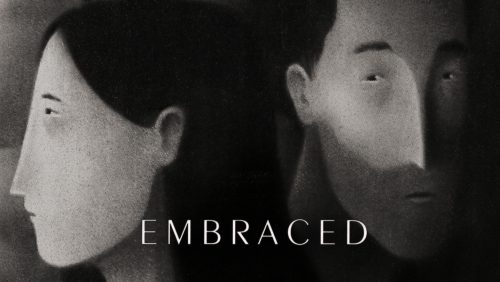
Standing before an open window, a woman gazes at black clouds darkening the horizon. She loves two men—the one who shares her present, and the one who marked her past. Frozen, she struggles against surging memories evoked by objects, the sky—everything. In the clouds, a passionately intertwined couple appears.
The first professional auteur short film by young French filmmaker Justine Vuylsteker, Embraced is a bittersweet visual poem that evokes fleeting sensations. With subtlety and sensuality, Vuylsteker reveals both the ruins of a relationship and traces of an intimate bond with an artistic process: the legendary pinscreen. Invented by Alexandre Alexeieff and Claire Parker (Night on Bald Mountain), this animation technique has an eminent pedigree that includes being put to use by great NFB filmmakers such as Norman McLaren, Jacques Drouin and Michèle Lemieux.
Embraced, a coproduction of Offshore (France) and the NFB, is the first film made with “The Épinette,” owned by the Centre national du cinéma et de l’image animée (CNC) and the twin of the NFB’s own pinscreen. Vuylsteker has used it to express the passion of love and the dizzying struggle between remembrance and oblivion.